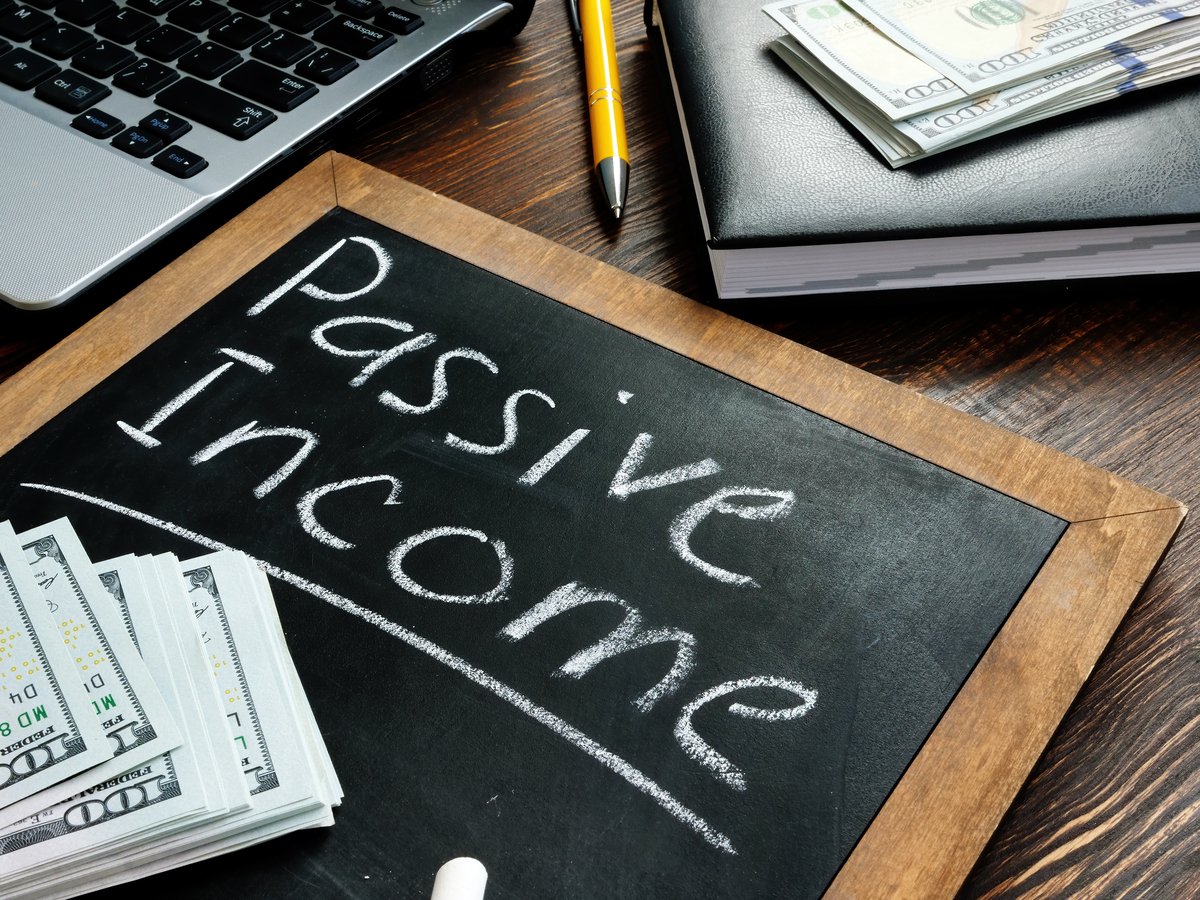Amazon.com (AMZN 1.73%) is raising the minimum wage for all its employees to $15 per hour.
Now McDonald's (MCD +0.30%) -- one of the country's largest employers -- is being cajoled into following suit. But even if the company acquiesces, it won't have the same far reaching impact as Amazon's decision to raise wages. And longer term, the call for higher wages may mean less jobs at the company's locations.

Image source: McDonald's.
Some background
In 2016, as the Fight for $15 campaign mobilized, McDonald's agreed to raise the starting wages of its employees to at least $1 per hour above the local minimum wage in effect at the time, which increased the average hourly rate for some 90,000 workers to $9.90 from $9.01.
Sen. Bernie Sanders, a Vermont Independent, recently wrote to McDonald's CEO Steve Easterbrook to say that the restaurant could afford to take the next step and increase its minimum wage to $15 per hour:
McDonald's is not a poor company. Last year, it made over $5.1 billion in profits and rewarded wealthy shareholders with over $7.7 billion in dividends and stock buybacks. If McDonald's can afford to give its shareholders $7.7 billion, it can afford to pay all of its workers $15 an hour.
Unfortunately, the sentiment ignores how McDonald's operates: The restaurant chain is mostly franchised, meaning it can't dictate the pay policy to the vast majority of its stores or employees. Since franchisees are independent business owners, they -- and not the McDonald's corporate offices -- set the conditions of employment, including wages.
Limited impact
There are 37,406 McDonald's worldwide, and nearly 14,000 are in the U.S. Of that amount, just 704 restaurants are company-owned, or 5% of the total. It's often reported that McDonald's employs 2 million people worldwide, but that figure includes the company's franchised locations. Looking strictly at the employees that would benefit from demands to raise wages, it would likely be a fraction of that total.
Raising wages could further strain McDonald's relations with its franchisees, who chafed last time at the pressure it put on them to follow suit. Having to pay higher wages could cause them to raise prices. And though the company itself would benefit, as it receives royalties on sales -- even those inflated by price hikes to cover wage increases -- the franchisees might face slower sales overall.
Over time, McDonald's has had to fight resistance from franchisees over:
- The discounted dollar menu, which hurt their profits
- Angus beef burgers, an expensive premium item that cut into their margins
- Upgrades to the McCafe line of beverages
- Self-ordering kiosks
- New kitchen equipment to facilitate all-day breakfast
While a number of those corporate initiatives paid off, there were more than a few that didn't, but the franchisees still bore the cost. If McDonald's raises its minimum wage, the franchisees will come under greater scrutiny to do the same.
Unintended consequences
Should McDonald's raise its pay? Last year it generated net profits of $5.2 billion on $22.8 billion in sales. If it raised wages by $5 per hour for 90,000 employees, that might cost it some $750 million annually based on a 32 hour work week.
Amazon hiking its minimum wage affected about half its employees, or some 250,000 people, but the median wage at the e-commerce giant was already $13.68 per hour so the impact would be substantially less than what McDonald's would feel.

An Amazon warehouse worker. Image source: Amazon.com.
While both companies might be able afford to raise the pay, as noted above, McDonald's raising the pay rate still wouldn't affect the vast majority of those who work at one of its restaurants. And though its own profits are substantial enough that the narrower restaurant margins it reports due to higher labor costs have a limited impact on the overall business, franchisees enjoy much lower profit margins and the impacts there would be more acute.
Also, higher labor costs could spur the introduction of more technology. After Amazon raised its wages, it eliminated the monthly bonuses and stock options it previously awarded its employees, since the workers said they preferred the "predictability and immediacy of cash," though Amazon says it will result in higher overall wages. Some workers disagree.
It's a tough call
While wage hikes seem like an easy cause to get behind, it's a complicated calculus.
Higher labor costs could incentivize practices that lead to lower overall labor needs. Amazon, which already deploys tens of thousands of robots in its warehouses, is now looking to expand their role picking orders, the very jobs that those employees who demanded $15 an hour currently hold. McDonald's is also rolling out more self-serve kiosks, putting the machines in 1,000 restaurants every quarter.
However, it might not even take political pressure to get McDonald's to raise its pay: there are currently more jobs available than people to fill them and the fast-food giant may need to hike wages just to remain competitive.








